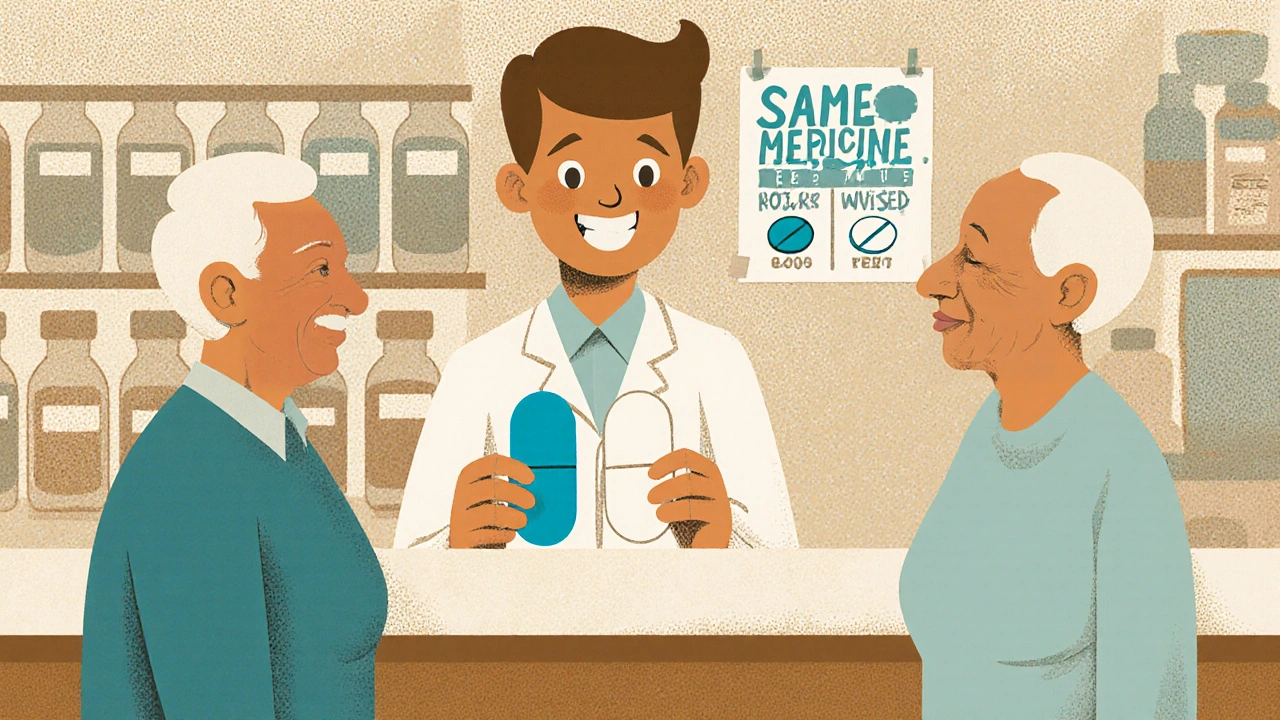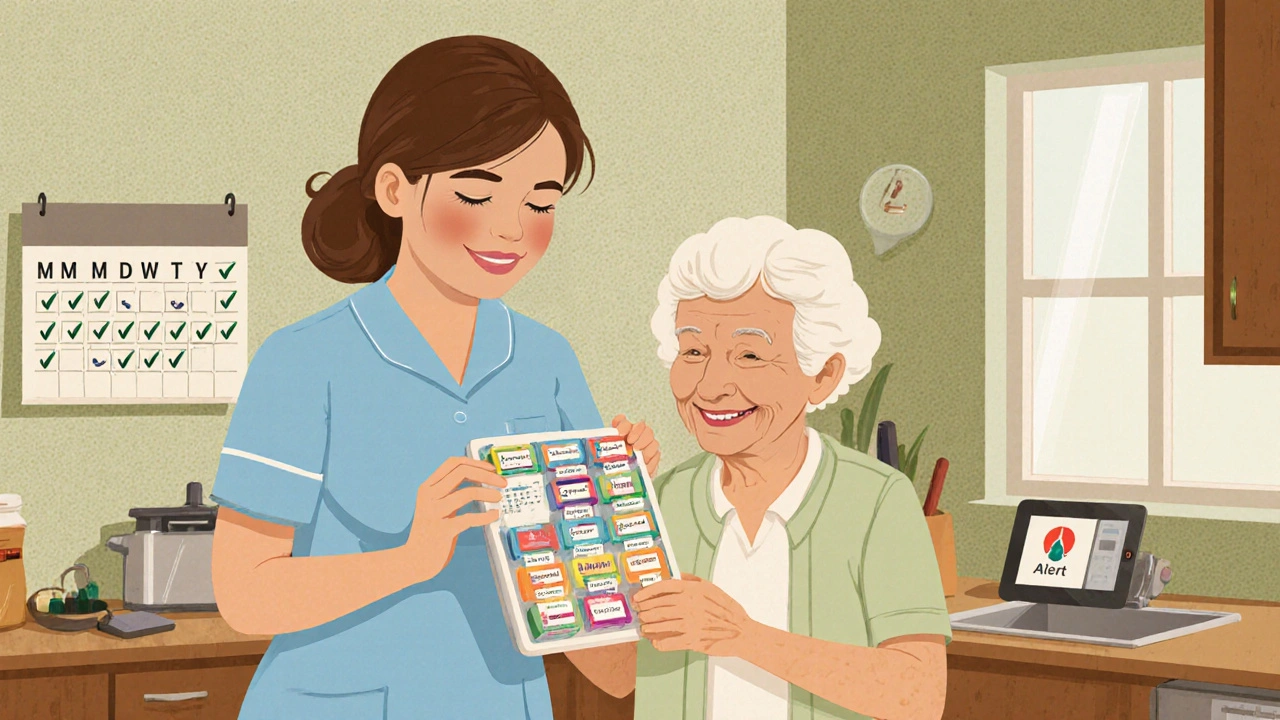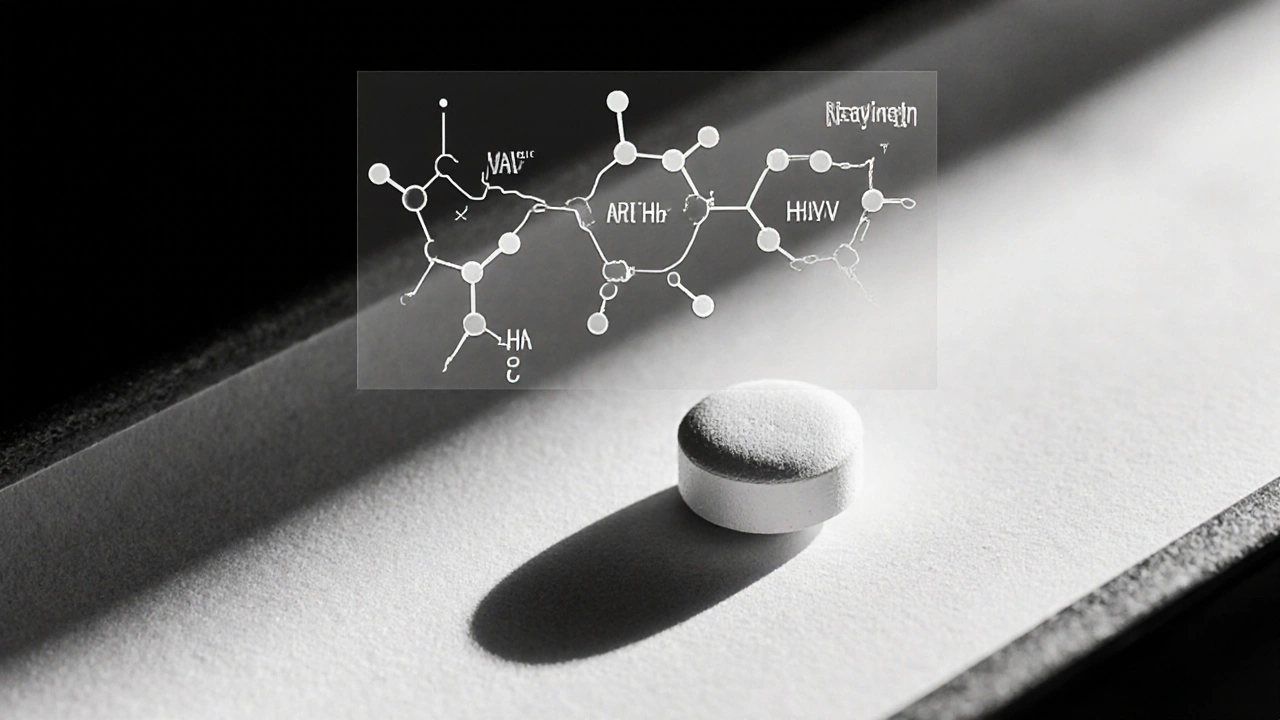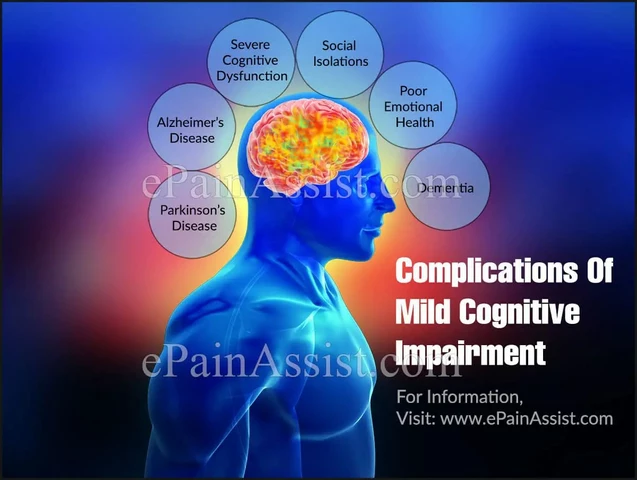Medication Adherence: Why Sticking to Your Prescription Matters
When you’re prescribed a drug, the goal isn’t just to get it—it’s to take it right. Medication adherence, the practice of taking your drugs exactly as your doctor ordered. Also known as prescription compliance, it’s the quiet force behind whether a treatment succeeds or fails. You can have the best drug on the market, but if you skip doses, stop early, or mix it wrong, it won’t help. In fact, poor adherence is why so many people end up back in the hospital—not because their medicine didn’t work, but because they didn’t take it right.
Why does this happen? It’s not laziness. It’s complexity. Some people forget. Others can’t afford their pills. Some feel better after a few days and think they’re cured. Others are scared of side effects and quit cold turkey. A study from the CDC found that nearly half of people with chronic conditions like high blood pressure or diabetes don’t take their meds as directed. That’s not a small number—it’s a public health crisis hiding in plain sight. And it’s not just about pills. Drug nonadherence, the failure to follow prescribed medication regimens affects everything from diabetes control to heart failure survival rates. Even something as simple as timing matters—taking a blood thinner at the wrong hour, or skipping a dose of antibiotics, can undo weeks of progress.
What’s more, pill taking habits, the daily routines people build around their medications are often shaped by life, not medicine. A single mom working two jobs might forget her afternoon pill. An elderly man with poor eyesight might misread his label. Someone on ten different drugs might get overwhelmed. These aren’t failures of willpower—they’re failures of system design. The good news? Small changes make big differences. Using a pill organizer. Setting phone alarms. Talking to your pharmacist about simplifying your regimen. These aren’t magic tricks—they’re practical fixes that actually work.
The posts below don’t just talk about drugs—they show you how to make them work. You’ll find real comparisons between medications like warfarin and Eliquis, where timing and consistency matter most. You’ll see how patient education helps people with secondary hyperparathyroidism stick to their phosphate binders. You’ll learn why people stop taking antidepressants like Zoloft or Wellbutrin, and what to do instead. There’s advice on managing complex regimens for kidney stones, acne, and IBS—all conditions where skipping a dose can undo progress. This isn’t theoretical. These are real stories from real people trying to stay healthy while juggling life.
Medication adherence isn’t about being perfect. It’s about being smart. It’s about knowing when to ask for help, when to speak up about side effects, and when to simplify. The tools, tips, and comparisons below are here to make that easier. No fluff. No guilt. Just clear, practical ways to get the most out of your treatment—every single day.












